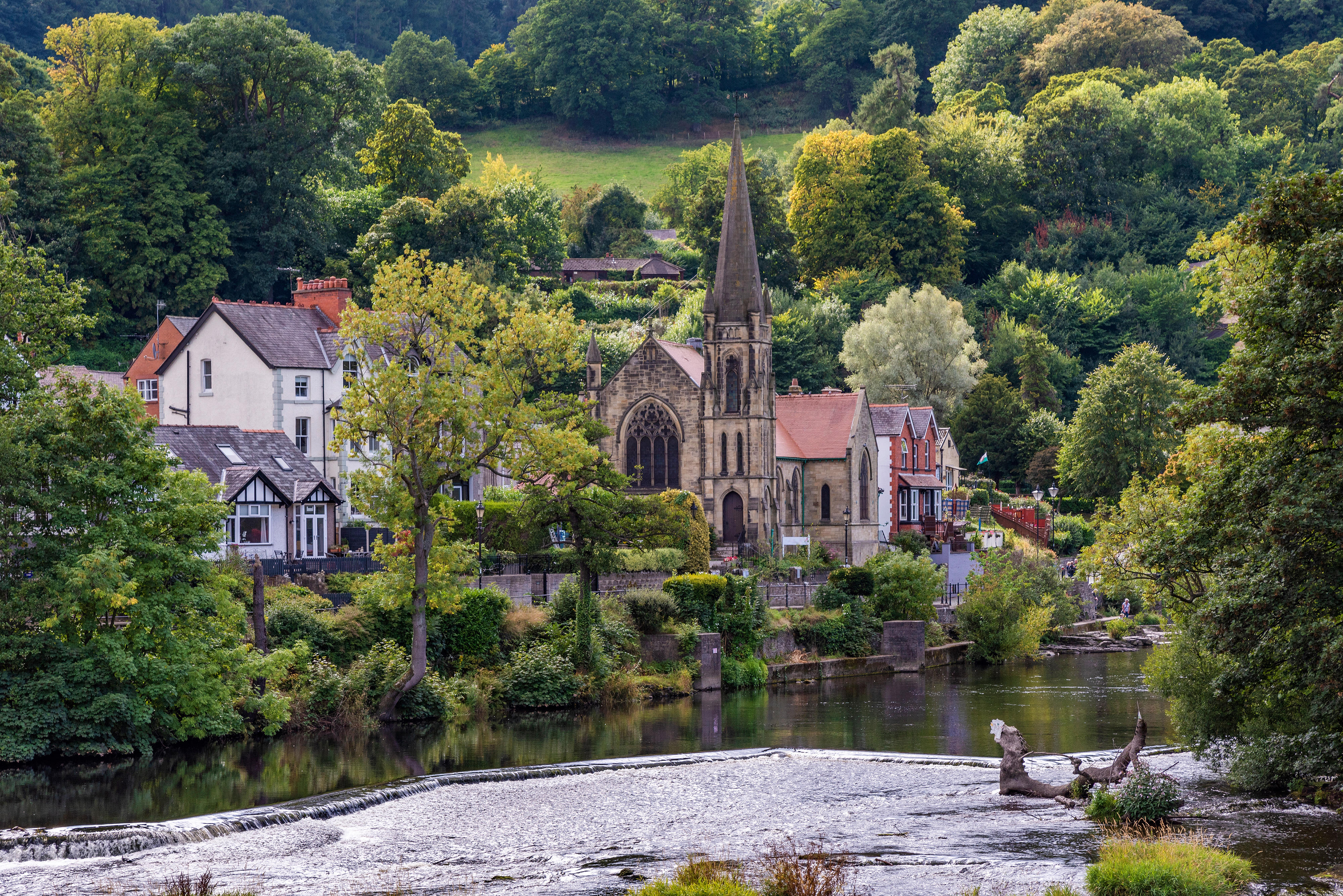Spectator: Lucy Baring goes to the theatre
Moved by a performance of Our Country's Good, Lucy reflects on the power of theatre to transform


It was a beautiful evening, which was fortunate as the queue to the first night of Our Country's Good, although not particularly long, was outdoors and moved extremely slowly. It had taken an hour to get from the entrance to our seats, whereupon the young director announced: ‘Due to circumstances... um... beyond our control, one of our lead actors is not available and his part will be played by an understudy.' A ripple of curiosity went through the audience. ‘He's still in court,' said the woman sitting next to me.
I don't know if this was conjecture or fact, and I didn't press her. Months earlier, a friend had invited me to what has become an annual co-production by local drama students and inmates of HM Prison Winchester. Instructions for the audience were strict. If we arrived a minute later than 5.15pm, we would not be admitted. We were to bring photo ID, which would be bagged before we were tagged, searched and sniffed by dogs. We could take £2 in coins to buy a programme, but nothing else. We were admitted in groups of 12 and had plenty of time to eye each other up and wonder if we were friends or family of the performers.
Walking from the last pair of gates to the performance took us past various blocks, from which inmates shouted and wolf-whistled good humouredly. I'm not kidding myself that the whistles were salacious (we were a middle-aged group on the whole), but they did seem to confirm whose turf we were on and held the edge of a dig about zoos and cages. But perhaps I imagined it-I did feel unexpectedly tense. A mallard duck with her ducklings wandered about the well-kept grounds, an incongruously gentle sight amid the barbed wire and prison guards, one of whom said that the ducklings got picked off by sparrowhawks. He looked furiously sad about it.
* Subscribe to Country Life and save; Get the Ipad edition
Our Country's Good was a perfect choice. It's set in a penal colony in New South Wales, populated by pickpockets, murderers and petty thieves, where the officers in charge range from ruthless martinets to progressive liberals. The latter group invites some of the prisoners to put on a play, to show how drama can be a civilising influence. Given that we were in a prison, watching a play about prisoners putting on a play in a prison, it had the intended hall-of-mirrors effect. Each cast member had written a paragraph for the programme, and I admit I was curious to read any clues as to what had brought them there. I'm none the wiser and I soon stopped wondering, because the performance became more and more absorbing. The final bow seemed unfairly short until I realised its brevity gave the cast a longer time to chat with family and friends.
The whole row in front of me surrounded one man with hugs and high-fives, beaming with pride. He really had been very good. I congratulated one man who didn't seem to have any family, but who said it had been the best evening of his life. He looked as if he'd never been applauded before, yet it would have been tactless in the extreme to ask if he would do it again next year.
One of the prisoners had been released, having done five weeks of rehearsals. In the programme, he had written that he hoped to keep up with drama classes on the outside. Another was pointed out to me because ‘he's in it every year', which was a jolting reminder that most of the cast weren't going home that night. I'd forgotten this during the performance. I had only been there a few hours and I'd enjoyed the play, but I couldn't wait to leave. The family who had turned out in force were just ahead of me as we queued to get out. They were no longer beaming and were very, very quiet. We all were. Art and profit have always been controversial bedfellows, but as I drove home, I considered myself lucky to have spent an evening where the profit margin is about as high as it gets.
Sign up for the Country Life Newsletter
Exquisite houses, the beauty of Nature, and how to get the most from your life, straight to your inbox.
* Follow Country Life magazine on Twitter
Country Life is unlike any other magazine: the only glossy weekly on the newsstand and the only magazine that has been guest-edited by HRH The King not once, but twice. It is a celebration of modern rural life and all its diverse joys and pleasures — that was first published in Queen Victoria's Diamond Jubilee year. Our eclectic mixture of witty and informative content — from the most up-to-date property news and commentary and a coveted glimpse inside some of the UK's best houses and gardens, to gardening, the arts and interior design, written by experts in their field — still cannot be found in print or online, anywhere else.
-
 About time: The fastest and slowest moving housing markets revealed
About time: The fastest and slowest moving housing markets revealedNew research by Zoopla has shown where it's easy to sell and where it will take quite a while to find a buyer.
By Annabel Dixon
-
 Betty is the first dog to scale all of Scotland’s hundreds of mountains and hills
Betty is the first dog to scale all of Scotland’s hundreds of mountains and hillsFewer than 100 people have ever completed Betty's ‘full house’ of Scottish summits — and she was fuelled by more than 800 hard boiled eggs.
By Annunciata Elwes